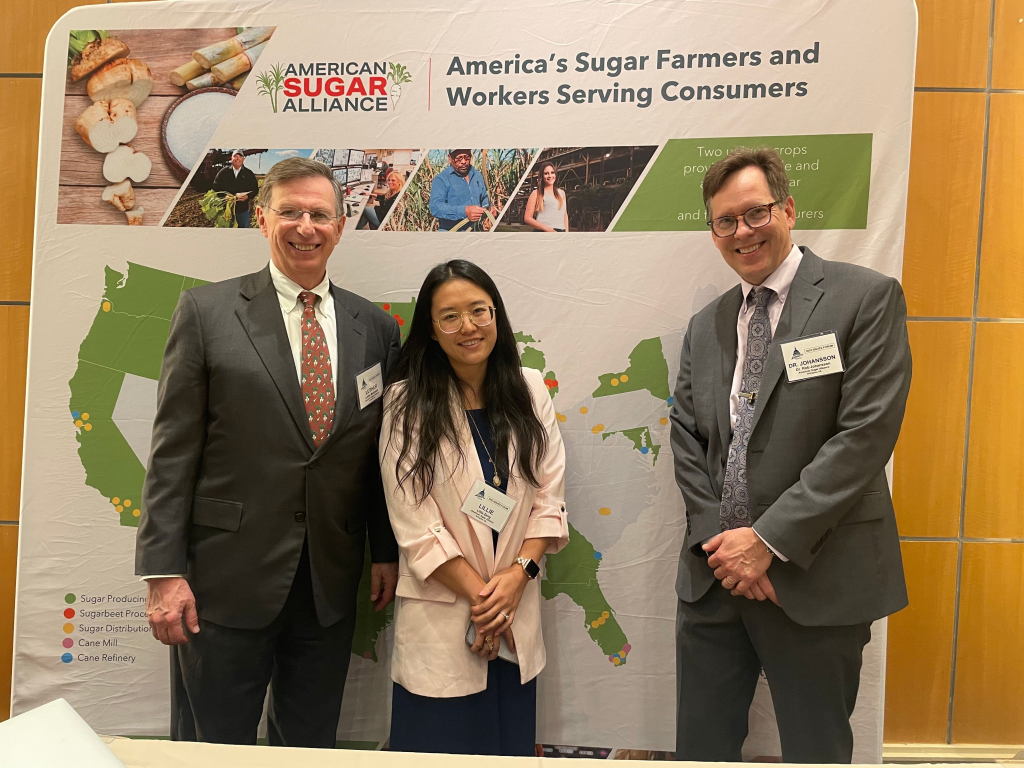
While in Washington, D.C., Associate Farm Editor Reagan Calk had the chance to visit with the Director of Economics and Policy Analysis at the American Sugar Alliance, Dr. Rob Johansson.
Previous to working with the American Sugar Alliance, Johansson also served as the Chief Economist at the USDA for many years. Now, Johansson says he enjoys working with sugarcane and sugar beet growers around the country.
“The interesting thing about sugarcane and sugar beet is the USDA provides sugar producers with loans that are repaid with interest,” Johansson said. “So, we don’t have access to the ARC or PLC programs. We term the sugar program as a ‘no-cost policy’ because those loans are repaid with interest, so ultimately, they don’t cost the taxpayer any money in the farm bill.”
The sugar produced is stored and sold to customers as needed throughout the marketing year, Johansson said, so the funding through the sugar program helps producers to pay their bills while sugar is being sold to their customers throughout the year.
“As that sugar is sold, we take that money and repay the loan,” Johansson said. “It is useful for keeping that cash flow working for the entire crop year, and making sure there is no interruptions in sugar production or processing.”
Sugar policy does not allow for unlimited amounts of duty-free foreign sugar to enter the U.S. market. This helps provide American sugar producers with a more level playing field, given the heavy subsidization of sugar production around the world.
Sugar is always in great demand by American consumers, Johansson said, and the market continues to grow.
“Producers are satisfied with the sustainable crop that we are producing that is produced by our growers at some of the highest labor and environmental standards in the world,” Johansson said. “We do import a fair bit of sugar as well. Each year we are going to be producing more in our sugarcane and sugar beet operations. It is a success story for American agriculture.”















